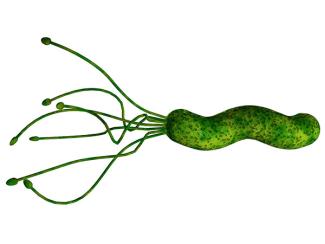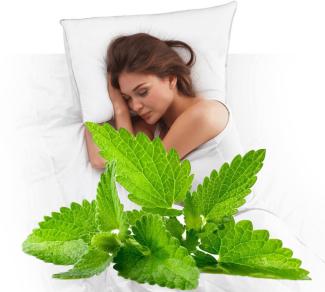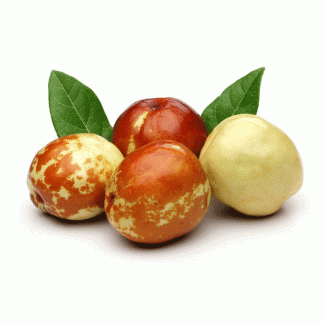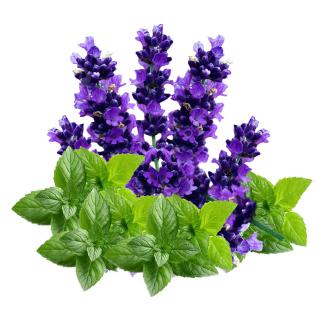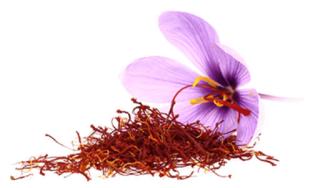
Saffron has been used for traditional medicinal purposes in various cultures for centuries. It can be prepared and used in several ways to harness its potential health benefits. Here are some common methods for using saffron in traditional medicine:
- Saffron Tea or Infusion:
- Boil water and add a few saffron threads (generally 4-5 threads) to a cup.
- Allow the saffron to steep for 10-15 minutes.
- You can sweeten the saffron tea with honey or a natural sweetener if desired.
- Sip the saffron tea to help with mood enhancement, digestion, and relaxation.
- Saffron Milk:
- Warm a glass of milk and add a few saffron threads to it.
- Allow the saffron to infuse into the milk for about 10 minutes.
- Optionally, you can add a sweetener or spices like cardamom.
- Saffron milk is commonly consumed before bedtime to promote relaxation and help with sleep.
- Saffron Tincture:
- Create a saffron tincture by soaking saffron threads in alcohol, such as vodka or brandy, for a few weeks.
- A few drops of this tincture can be added to water or another beverage.
- The tincture can be used to address digestive issues and improve mood.
- Saffron Paste or Poultice:
- Create a paste by crushing saffron threads and mixing them with a small amount of water.
- Apply the paste topically to the skin to improve complexion, reduce blemishes, and soothe skin irritations.
- Saffron in Cooking:
- Saffron is often used as a culinary spice in various traditional dishes. Incorporating it into your regular diet can provide potential health benefits.
- For example, it is used in rice dishes like paella or biryani, soups, stews, and desserts.
- Saffron Capsules or Supplements:
- Saffron supplements are available in the form of capsules or tablets and can be taken as per the recommended dosage.
- This is a convenient way to incorporate saffron into your routine, particularly for addressing issues like mood and depression.
- Saffron Oil:
- Saffron oil can be used for massage or as an ingredient in skincare products to promote healthy skin.
- Saffron in Traditional Remedies:
- In traditional medicine systems like Ayurveda, saffron is often combined with other herbs and spices to create specific remedies.
- These remedies are typically prepared and administered by trained practitioners.
It's essential to use saffron for traditional medicinal purposes in moderation, and it's advisable to consult with a qualified herbalist, Ayurvedic practitioner, or healthcare professional for guidance, especially if you have any underlying health conditions or are pregnant or nursing. Additionally, be aware of any potential allergies or adverse reactions to saffron.


